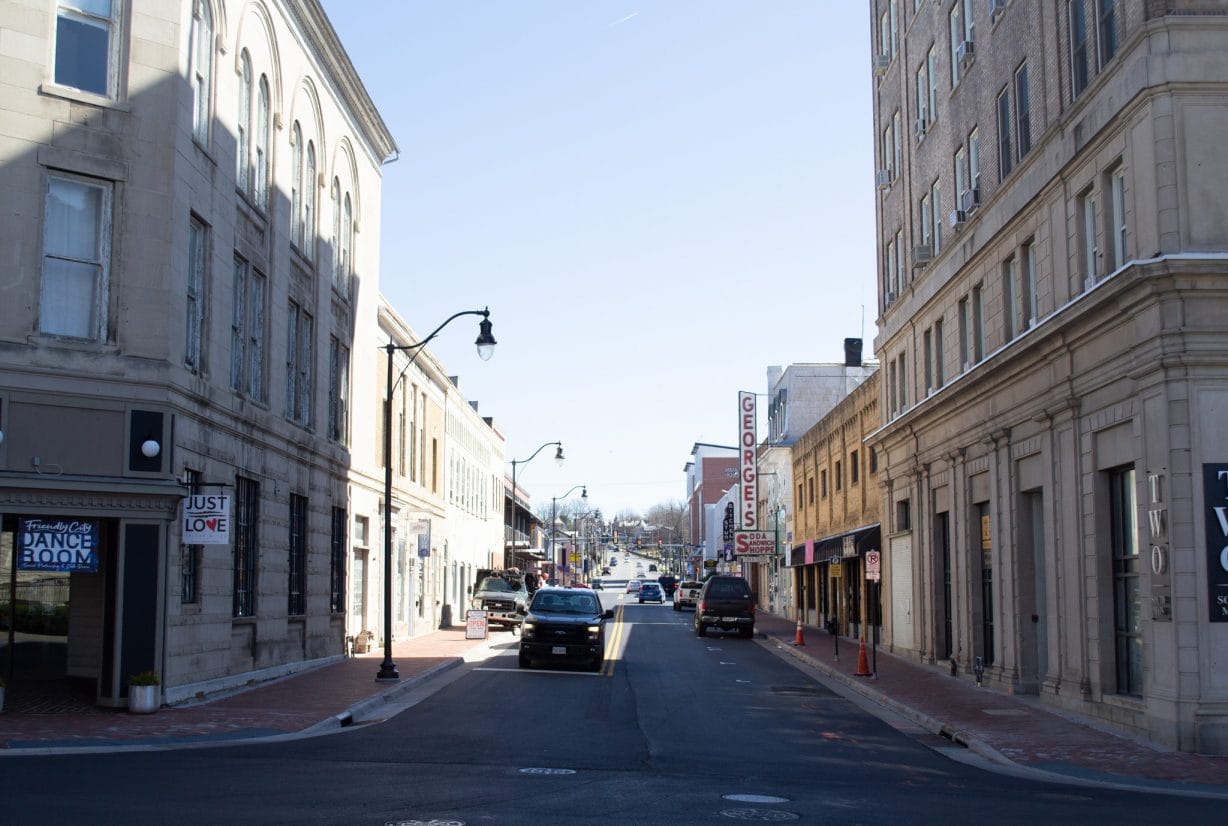
By Rachel Petterson, contributor
Harrisonburg’s city staff will now try to figure out how to adhere to federal law and revise zoning language to accommodate housing for those recovering from addiction.
The housing in question is run by Oxford House, which operates several group homes of this kind in Harrisonburg. While zoning laws would generally not permit so many unrelated people to live in these houses, the city is required to provide reasonable accommodation to Oxford House because addiction is considered a disability under the federal Fair Housing Act.
During Tuesday night’s meeting, the city council settled on recommending that city staff pursue accommodation through special use permits.
This recommendation would not only apply to Oxford House’s homes but also similar housing that would require disability accommodations in the future. City staff will take this recommendation into account and return to the council with an ordinance. In the meantime, these homes continue to operate.
Debate over ‘paper alleys’
A significant portion of Tuesday’s meeting was spent discussing the proposed closing of a “paper alley” behind the yard of a resident on Campbell Street.
“Paper alleys” are alleyways that were often created several decades ago and now do not appear to be alleys to the naked eye. Instead, they exist in the technicalities of the law–on paper. But just because they may be overgrown and rarely used does not mean that keeping them public property won’t matter.
Stephen Hottle requested the closure of this alley because it runs through his backyard, making the green space difficult to maintain when vehicles drive through it. However, two of his neighbors spoke at the meeting to object, arguing that the alley’s closure would jeopardize the neighborhood. In particular, they expressed concern over how this would impact access to backyards. In this case, the backyards in question were off of Ott Street.
“The most important thing is that we’re not blocking anybody’s access to their property. And No. 2, and just important to us, is long-term green space,” Hottle said.
However, the two neighbors disagreed with Hottle about the impact closing the alley would have.
Kim Rutherford, a resident around the block on Ott Street, said she was concerned about the house next to hers, which has in its backyard a structure for an indoor tennis court and indoor pool that owners are planning to remove. This would require vehicles and equipment to get to their backyard, which she claims would be impeded by the closing of this alley, especially considering the grade of Ott St. She also added that she worries about the precedent this could set when it comes to closing other alleyways.
Ultimately, the council declined the request to close the alley, so it continues to operate as a “paper alley,” with the land above ground owned by the city.
Should a short-term rental be attached to a dwelling or property?
The council also decided to table its discussion of revising the rules regarding homestays and short-term rentals, which include AirBnBs and AirBnB-like properties. The amendment being discussed included, among other clarifications, changing the word “property” to “dwelling” in the code.
Adam Fletcher, the director of the department of community development and Harrisonburg Planning Commission, explained the backstory to this proposed change.
“Staff was evaluating the special use permit at 217 Franklin Street…because of the terminology, with the word property instead of dwelling, it was during that time that we actually had an internal debate among staff that we might need to make this code revision. We talked ourselves out of it, that might be okay. That item just a few months later came up under a homestay situation,” he said. “You had a duplex that the operator was going to live in one unit, and they were going to rent the second unit by right as a transient accommodation, which was essentially taking that unit off the market. Staff had reflected that that really wasn’t the intent of the code.”
What the council was stuck on the most was the case of duplexes. Some council members said they believed the original intention of using the word “property” was to say that those who owned the property had to be present to prevent and handle emergencies and problems, thus not putting unnecessary burden on the surrounding community. However, they went on to discuss that allowing residents to host short-term renters in dwellings separate from theirs would be a form of commercializing residential areas and may lead to unwanted economic impacts.
Council member Richard Baugh said this is a difficult issue because it has only existed for about four years. And it’s new not only to Harrisonburg but to the whole country, he said. Therefore, they only have relatively short-term data.
“The whole thing’s in a state of flux,” he says.
This wording change would not impact houses or dwellings already approved under the current wording, so long as they continue to be maintained.
Any change would affect future approvals, such as the pending application submitted by Robert Alford, who spoke at the meeting and made his case for why he thinks it would benefit his family and the Harrisonburg community for him to rent out a dwelling attached to property he already owns. He emphasized that he bought that property with the intention of renting out the other half like an AirBnB, under the current code wording.
If the wording is changed before he gets approval, he and others might not be able to carry out such plans. For now, the wording remains until the council takes the issue back up.
Journalism is changing, and that’s why The Citizen is here. We’re independent. We’re local. We pay our contributors, and the money you give goes directly to the reporting. No overhead. No printing costs. Just facts, stories and context. We’re also a proud member of the Virginia Press Association. Thanks for your support.












